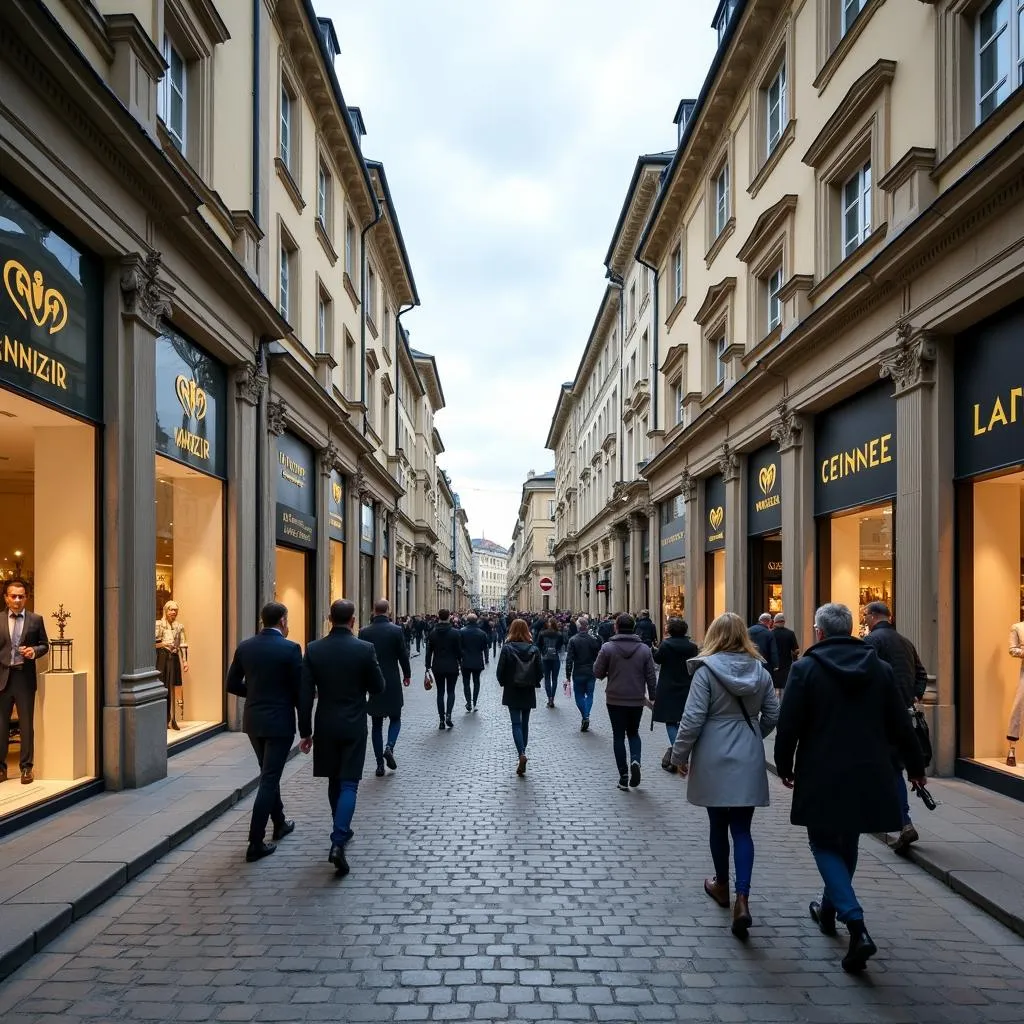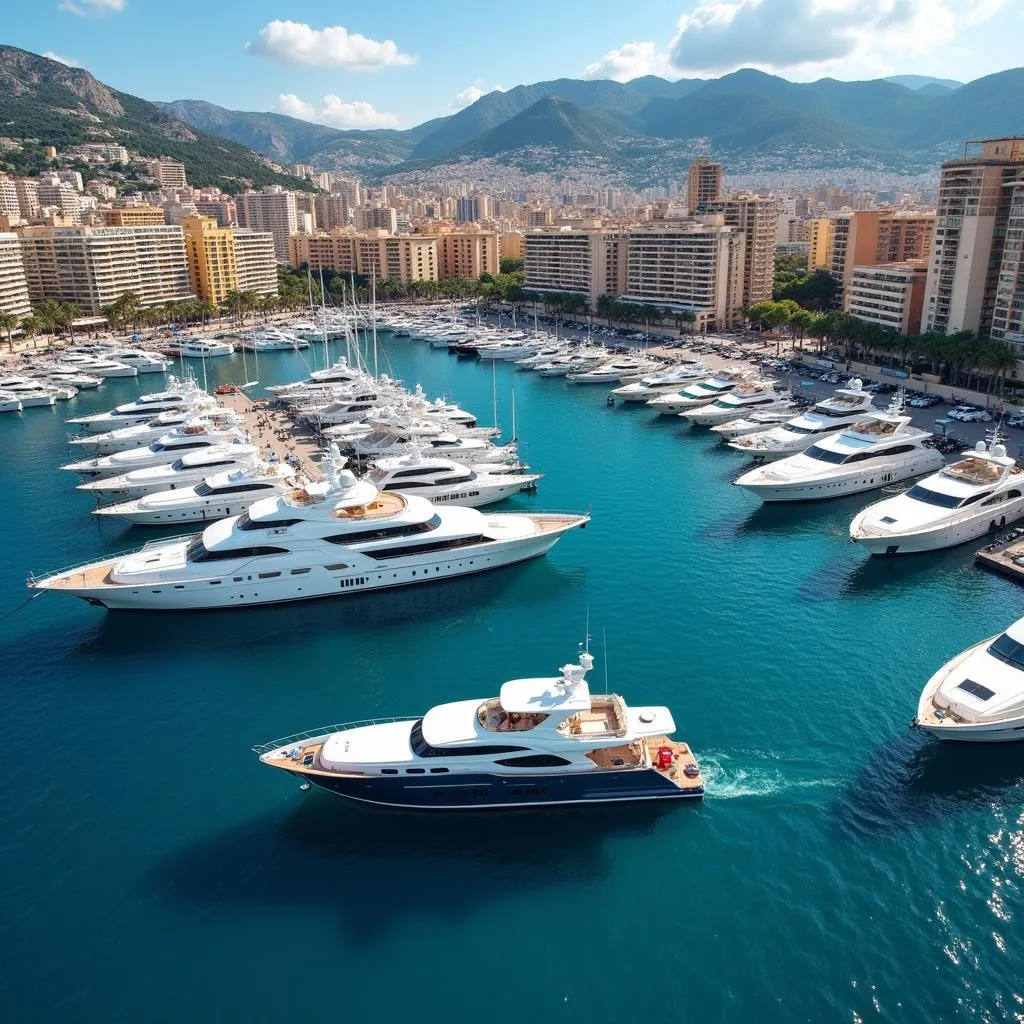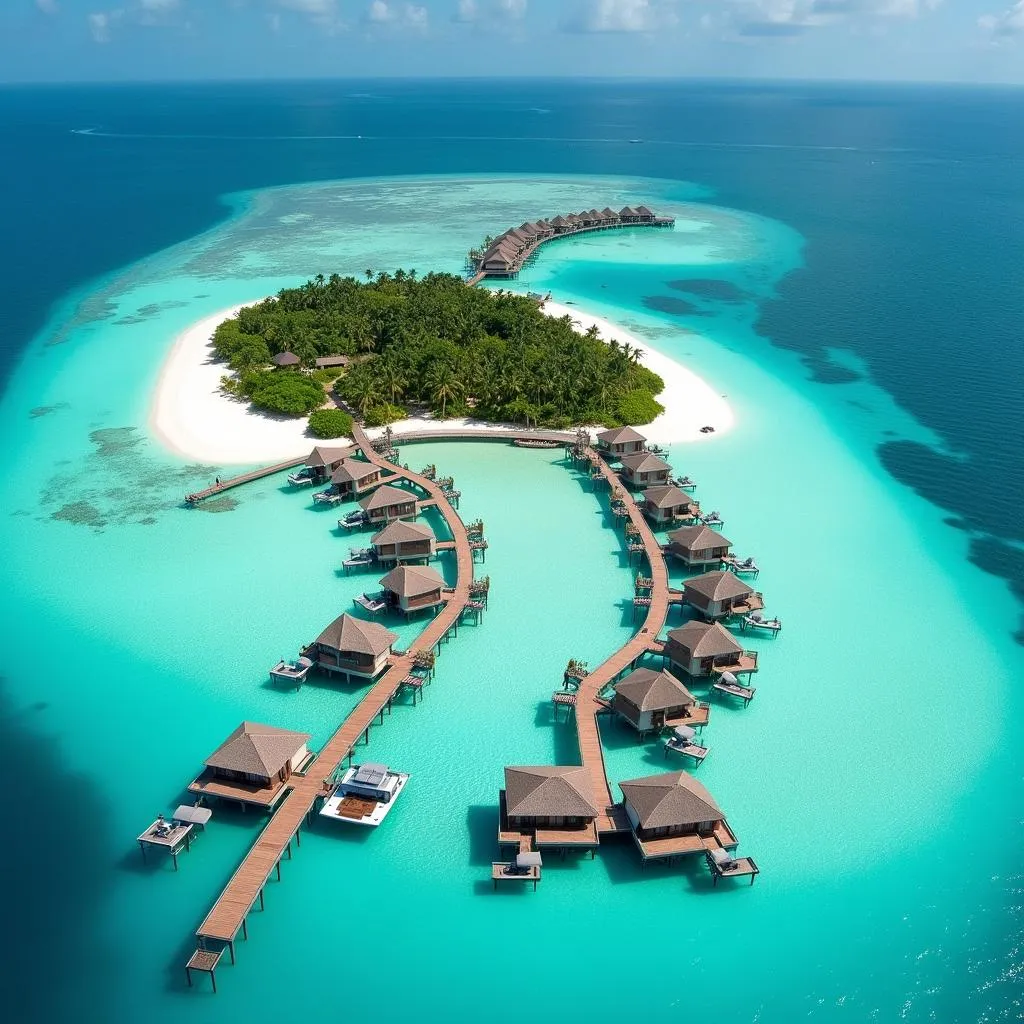The IELTS Speaking test often includes questions about personal experiences and opinions. One common topic is describing places, including those where things are expensive. This article will guide you through answering such questions effectively, helping you achieve a high band score in your IELTS Speaking test.
Part 1: Introduction and Interview
In Part 1, the examiner may ask general questions about expensive places. Here are some possible questions and sample answers:
- Have you ever been to a place where everything was very expensive?
- What kinds of places do you think are usually expensive?
- Do you prefer shopping in expensive places or cheaper ones?
Let’s focus on the first question:
Question: Have you ever been to a place where everything was very expensive?
Sample Answer (Band 6-7):
“Yes, I have. Last year, I visited Tokyo for a week. I was surprised by how expensive everything was, from food to accommodation. Even a simple coffee cost much more than I expected.”
Sample Answer (Band 8-9):
“Absolutely. I vividly recall my trip to Geneva last summer. The city’s reputation for high prices certainly lived up to expectations. From the moment I arrived, I was struck by the exorbitant costs of everyday items. A basic meal at a modest restaurant could easily set you back 50 Swiss Francs, and don’t even get me started on the hotel rates!”
 Expensive shopping district in Geneva, Switzerland
Expensive shopping district in Geneva, Switzerland
Part 2: Long Turn
Here’s a sample cue card related to the topic:
Describe a place where things are expensive and how you felt about it
You should say:
- Where this place is
- When you went there
- What you did there
- And explain how you felt about the prices in this place
Sample Answer (Band 6-7):
“I’d like to talk about my visit to New York City last year. It’s a famous city in the United States known for its high cost of living. I went there during my summer vacation with some friends.
We did many typical tourist activities like visiting the Statue of Liberty, walking through Central Park, and going up the Empire State Building. We also tried some famous New York food like pizza and hot dogs.
Honestly, I was quite shocked by the prices. Everything seemed to cost much more than in my hometown. A simple meal at a restaurant was very expensive, and the hotel prices were really high. Even the subway tickets felt overpriced to me.
I felt a bit worried about my budget during the trip. I had to be careful about my spending and couldn’t buy as many souvenirs as I wanted. However, I also felt that the experience was worth it because New York is such a unique and exciting city.”
Sample Answer (Band 8-9):
“I’d like to share my experience of visiting Monaco, a small principality on the French Riviera, renowned for its luxurious lifestyle and sky-high prices. I had the opportunity to visit this glamorous destination last summer during a tour of Europe.
Monaco, particularly the Monte Carlo district, is a playground for the wealthy. During my stay, I indulged in some quintessential Monaco experiences – I strolled along the yacht-filled harbor, tried my luck at the world-famous Monte Carlo Casino, and even attended a classical music concert at the Opéra de Monte-Carlo.
The opulence of Monaco was truly staggering. A cappuccino at a café overlooking the Mediterranean could easily cost 15 euros, while a modest dinner for two at a mid-range restaurant would set you back at least 200 euros. The price tags in the designer boutiques were eye-watering, to say the least.
My feelings about the prices were a mix of awe and slight discomfort. On one hand, I was amazed by the sheer luxury and exclusivity that Monaco offers. The impeccable service, the pristine streets, and the overall ambiance of wealth were unlike anything I’d experienced before. It was fascinating to witness a place where such extravagance is the norm.
On the other hand, I felt somewhat out of place, like a spectator in a world of extreme affluence. The prices made me acutely aware of the vast economic disparities that exist in our world. It was a humbling experience that made me reflect on the value of money and the different ways people choose to spend it.
Despite the high costs, I don’t regret visiting Monaco. It was an eye-opening experience that broadened my perspective on luxury tourism and global wealth distribution. While it’s not a place I could afford to visit regularly, the memories of its grandeur and the insights I gained about a different way of life were, in my opinion, worth the expense.”
 Luxury yachts in Monaco's Monte Carlo harbor
Luxury yachts in Monaco's Monte Carlo harbor
Follow-up Questions
- Do you think it’s worth paying high prices for luxury experiences?
- How do expensive places impact local residents?
Sample Answer for Question 1 (Band 8-9):
“That’s an intriguing question. I believe the value of luxury experiences is highly subjective and depends on individual preferences and financial situations. For some, splurging on a high-end restaurant or a five-star hotel might provide unforgettable memories and a sense of indulgence that they find worthwhile. These experiences can offer exceptional quality, personalized service, and unique opportunities that aren’t available at lower price points.
However, it’s crucial to consider the opportunity cost. The money spent on a luxury experience could potentially be used for multiple more modest experiences or invested for future financial security. It’s about striking a balance between enjoying life’s pleasures and maintaining financial responsibility.
Personally, I think it can be worth it occasionally, especially for milestone events or once-in-a-lifetime opportunities. But it’s essential to approach luxury spending mindfully, ensuring it aligns with one’s values and doesn’t jeopardize long-term financial goals.”
Part 3: Two-way Discussion
Examiner: Do you think the trend of luxury tourism is good for the economy?
Sample Answer (Band 6-7):
“I think luxury tourism can be good for the economy in some ways. It brings in a lot of money and can create jobs in hotels and restaurants. But it might also make prices go up for local people, which isn’t good. So, it has both positive and negative effects on the economy.”
Sample Answer (Band 8-9):
“The impact of luxury tourism on the economy is multifaceted and warrants careful consideration. On the positive side, it undeniably injects substantial capital into local economies. High-end tourists tend to spend lavishly on accommodations, dining, and experiences, which can significantly boost revenue for businesses and increase tax contributions to local governments.
Moreover, luxury tourism often spurs infrastructure development and can elevate the overall quality of services in a destination, potentially benefiting locals as well. It can also create employment opportunities, not just in the hospitality sector, but in adjacent industries like luxury retail, transportation, and personal services.
However, we must also consider the potential drawbacks. The influx of wealthy tourists can drive up the cost of living for local residents, particularly in terms of housing and everyday goods and services. This gentrification effect can push out long-term residents and alter the cultural fabric of a community.
Furthermore, an over-reliance on luxury tourism can make an economy vulnerable to economic fluctuations and global events that affect travel patterns. It’s also worth noting that the economic benefits of luxury tourism don’t always trickle down equitably to all segments of society.
In conclusion, while luxury tourism can certainly stimulate economic growth, it’s crucial for policymakers and community leaders to implement strategies that ensure its benefits are distributed fairly and that the local culture and way of life are preserved. A balanced approach that combines luxury tourism with other economic drivers is likely the most sustainable path forward.”
 Luxury overwater bungalows in Maldives resort
Luxury overwater bungalows in Maldives resort
Key Vocabulary and Phrases for High Scores
-
Exorbitant /ɪɡˈzɔːrbɪtənt/ (adjective): Unreasonably high (in price or amount).
Example: The prices in Monaco were exorbitant, even for basic items. -
Opulence /ˈɒpjʊləns/ (noun): Great wealth or luxuriousness.
Example: The opulence of the Monte Carlo Casino was truly breathtaking. -
Quintessential /ˌkwɪntɪˈsenʃəl/ (adjective): Representing the most perfect or typical example of a quality or class.
Example: Visiting the Eiffel Tower is a quintessential Parisian experience. -
Staggering /ˈstæɡərɪŋ/ (adjective): Astonishing or deeply shocking.
Example: The staggering prices in Geneva left me in disbelief. -
Indulge /ɪnˈdʌldʒ/ (verb): Allow oneself to enjoy the pleasure of.
Example: Despite the high costs, I decided to indulge in a gourmet meal at a Michelin-starred restaurant. -
Eye-watering /ˈaɪ ˌwɔːtərɪŋ/ (adjective): Extremely high or large (often used to describe prices).
Example: The eye-watering price tags in the designer boutiques were beyond my budget. -
Affluence /ˈæfluəns/ (noun): The state of having a great deal of money; wealth.
Example: The affluence of Monaco’s residents was evident in their luxurious lifestyles. -
Lavishly /ˈlævɪʃli/ (adverb): In a very generous or extravagant way.
Example: High-end tourists tend to spend lavishly on accommodations and experiences.
Examiner’s Advice
To achieve a high score in the IELTS Speaking test when describing expensive places:
- Use a wide range of vocabulary, including less common words and idiomatic expressions.
- Vary your sentence structures, using both simple and complex forms.
- Speak fluently and coherently, organizing your ideas logically.
- Provide detailed responses with relevant examples from your personal experiences.
- Express and justify your opinions clearly.
- Practice describing various aspects of expensive places, including visual details, atmosphere, and your emotional reactions.
- Be prepared to discuss related topics such as luxury tourism, economic impacts, and social implications.
Remember, the key to success is not just knowing what to say, but how to say it effectively. Regular practice and expanding your vocabulary will help you describe your experiences more vividly and achieve a higher band score in your IELTS Speaking test.


